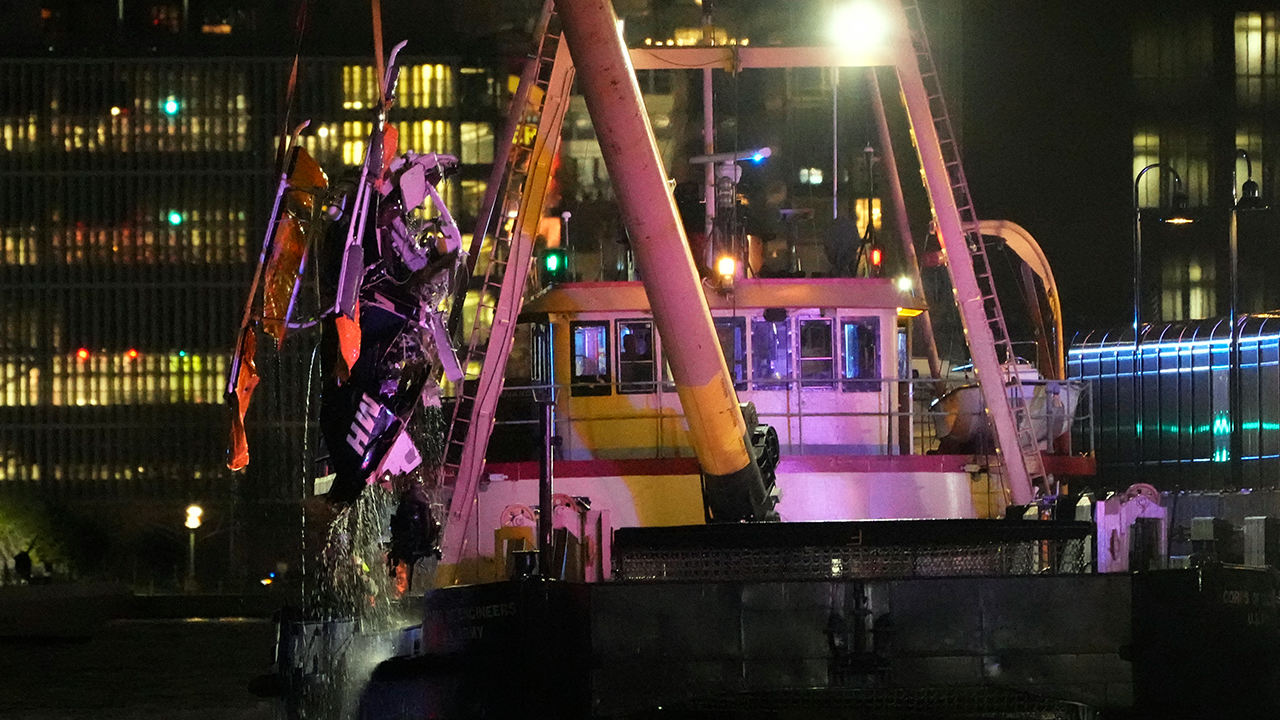US strike in Iraq kills militia leader behind attacks on American forces

WASHINGTON -- The U.S. carried out an airstrike in Baghdad on Wednesday targeting a senior leader of an Iranian-backed militia in Iraq that was blamed for attacks on U.S. forces in the Middle East, according to U.S. Central Command.
A U.S. official told ABC News that the airstrike was part of the retaliatory actions President Joe Biden authorized last week following the deadly attack on Jan. 28 on the Tower 22 base in Jordan that killed three American soldiers.
"At 9:30 p.m. February 7, U.S. Central Command (CENTCOM) forces conducted a unilateral strike in Iraq in response to the attacks on U.S. service members, killing a Iran-backed militia Kataib Hezbollah commander responsible for directly planning and participating in attacks on U.S. forces in the region," read the statement.
"There are no indications of collateral damage or civilian casualties at this time," the statement continued. "The United States will continue to take necessary action to protect our people. We will not hesitate to hold responsible all those who threaten our forces' safety."
Earlier on Wednesday, two U.S. officials had confirmed to ABC News that the U.S. had carried out an airstrike in Baghdad targeting a high-value target.
The White House's national security adviser, Jake Sullivan, said on ABC's "This Week" on Sunday that there would be more U.S. response to the drone attack on Tower 22, in which three American service members were killed and dozens more were injured.
Some would be seen and others unseen, he said.
SEE ALSO: US conducts new 'self-defense' strike on Yemen's Houthis following attacks by Iran-backed militants
Kataib Hezbollah is an Iranian-backed Shiite militia in Iraq that the U.S. has said is responsible for most of the 168 attacks against U.S. bases in Iraq, Syria and Jordan.
It was one of several Shiite militia groups that joined Iraqi government forces in battling the Islamic State group and became incorporated into Iraq's military structure as Popular Mobilization Forces.
On Wednesday that organization confirmed that Abu Baqir Al-Saadi, a senior Kataib Hezbollah leader, had been killed in Baghdad along with two other people who were escorting him.
Iraq's military said it had sent a team to respond to an incident targeting a civilian vehicle in the Al-Mashal area east of Baghdad at 9:35 p.m. local time on Wednesday.
The military said that the explosion killed all of the people inside of the vehicle and that an investigation was underway to determine the method and source of the targeting.
Iraqi Security sources told ABC News that in preparation for possible retaliation against U.S. facilities in Iraq, all entrances to the secure area known as the Green Zone were being closed. Located in the center of Baghdad the Green Zone is the are where the U.S. embassy and other important Iraqi government buildings are located.










